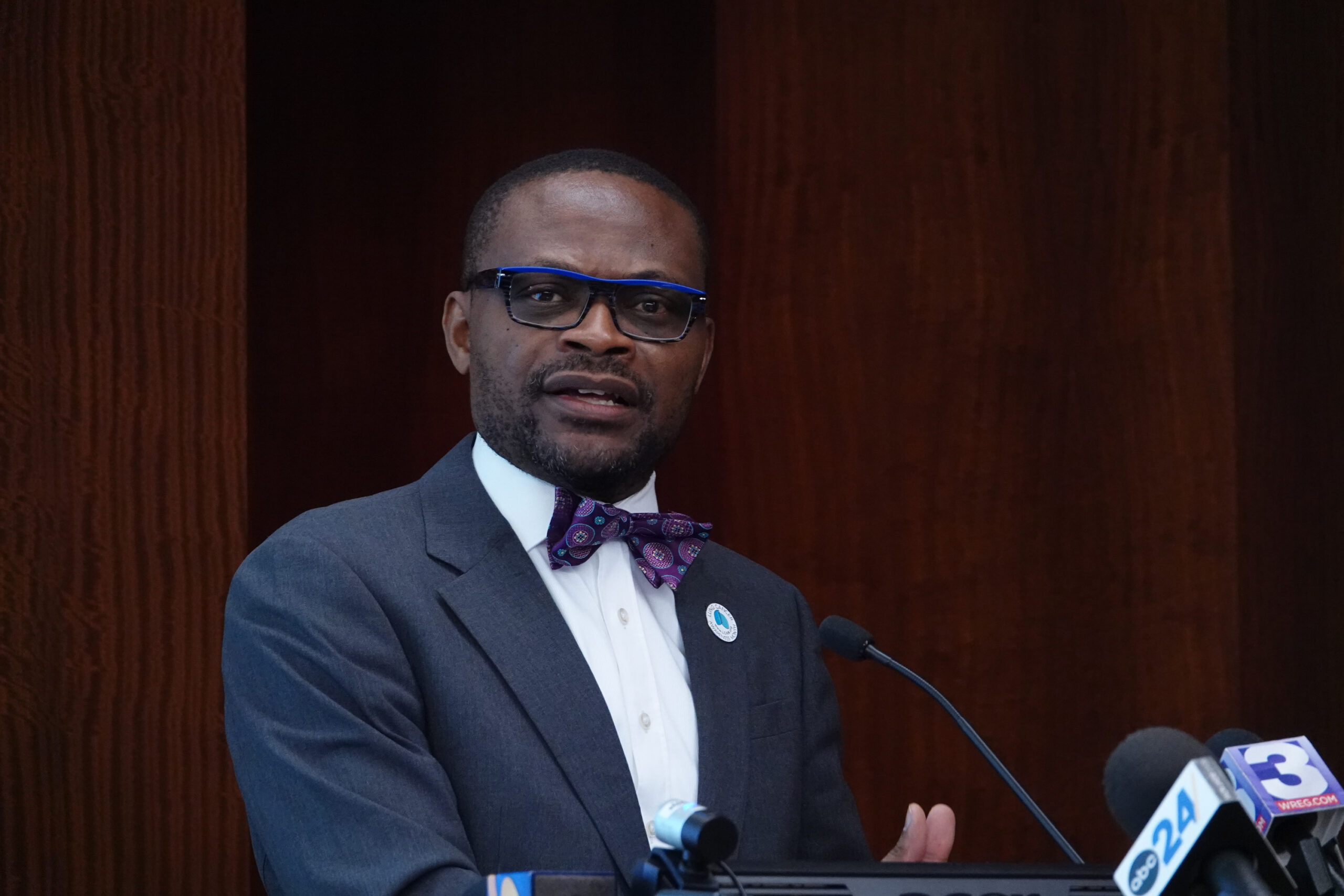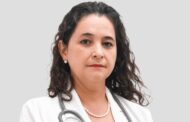The Baptist Cancer Center in Memphis, Tennessee, has launched a new initiative that comprises seven components that will address prevention, diagnosis, and treatment of lung cancer through smoking cessation, low-dose CT screening, algorithmic management of incidentally detected lung nodules, multidisciplinary decision-making and care, high-quality surgical care, high-quality pathologic evaluation (including biomarker testing), and expanded access to innovative treatment through clinical trials.
I believe this initiative will revolutionize lung cancer treatment globally by demonstrating the practical implementation of high-quality programs and team-based care across the spectrum of lung cancer from prevention, expanding access to early detection, standardizing and improving the quality of diagnosis and staging, and ensuring personalized, biomarker-directed treatment for every patient.
Removing Barriers to Screening
Lung cancer is most often diagnosed at a late stage when treatment is still unlikely to cure cancer because people often have no symptoms until the disease is advanced. Although lung cancer screening saves lives, most people and their doctors aren’t aware of the availability of lung cancer screening. But screening alone is not enough. Most people diagnosed with lung cancer would not qualify for screening, and the vast majority who would qualify currently do not have access, which is why the Mid-South Miracle initiative has adopted the innovative approach of dual implementation of screening and managing incidentally detected lung nodules to expand access to early detection.
I truly believe that this initiative will result in earlier detection of the disease, which will save thousands of lives, while also improving the quality of life for lung cancer patients.
Although lung cancer deaths are decreasing in the United States, lung cancer remains the leading cause of cancer deaths for the country. And Mississippi, Arkansas, and Tennessee —the home of this initiative — rank second, third, and fourth, respectively, in per-capita U.S. lung cancer deaths.
Return on Investment
Baptist Memorial Health Care Foundation awarded Baptist Cancer Center $200,000 to develop optimized models of lung cancer care delivery and $1,000,000 for the development of the incidental lung nodule program, which detects lung cancers on unrelated diagnostic scans, resulting in earlier detection of the disease. The National Institutes of Health granted Baptist Cancer Center $3.5 million plus $4 million to develop the surgical quality improvement and pathology quality improvement programs, which standardize diagnosis and evaluation of lung cancers. The Patient-Centered Outcomes Research Institute awarded Baptist Cancer Center $2.5 million to evaluate the effectiveness and success of multidisciplinary care for lung cancer patients. In two funding cycles, the National Cancer Institute awarded Baptist Cancer Center more than $12 million to build out its clinical research infrastructure across the Mid-South catchment area.
As a way to demonstrate value, the Mid-South Miracle Initiative will be publishing periodic updates in the ILCN on the progress and effectiveness of the various components. We hope to provide a proven model to other academic and non-academic institutions and cancer centers around the world as to how best to provide the highest quality care in cost-effective and patient-centric ways.





